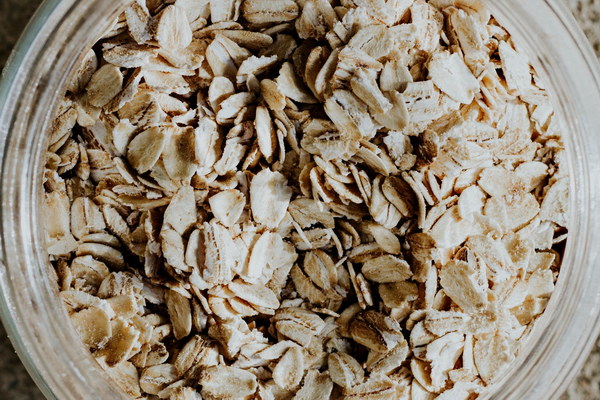Nurturing Liver Health Effective Strategies for Hepatitis B Care
Hepatitis B is a viral infection that affects the liver, often leading to chronic liver disease and liver cancer. Maintaining liver health is crucial for those living with hepatitis B, as it can help alleviate symptoms, prevent complications, and improve overall quality of life. Here are some effective strategies for hepatitis B care, focusing on liver protection.
1. Regular Medical Check-ups
Regular medical check-ups are essential for monitoring the progression of hepatitis B and managing the condition effectively. These check-ups typically include blood tests to measure liver enzymes, viral load, and immune response to the virus. Regular monitoring allows healthcare providers to make timely adjustments to treatment plans, ensuring optimal liver health.
2. Medication Adherence
For those with chronic hepatitis B, medication adherence is crucial. Antiviral medications, such as tenofovir or entecavir, can help suppress the virus and reduce the risk of liver damage. It's important to follow the prescribed dosage and schedule, as missing doses or stopping treatment prematurely can lead to a resurgence of the virus and increased liver damage.
3. Healthy Diet
A balanced diet plays a significant role in maintaining liver health. A diet rich in fruits, vegetables, whole grains, lean proteins, and healthy fats can support liver function and reduce the risk of inflammation. Some specific dietary recommendations for hepatitis B patients include:
- Limiting alcohol consumption: Alcohol can exacerbate liver damage and increase the risk of cirrhosis and liver cancer.
- Avoiding processed and high-sodium foods: These can contribute to hypertension and fluid retention, which may worsen liver disease.
- Consuming antioxidant-rich foods: Fruits like berries, vegetables like spinach, and nuts can help combat oxidative stress and support liver function.
4. Regular Exercise
Regular exercise is beneficial for overall health and can specifically aid in liver protection. Exercise promotes blood flow, which helps the liver remove toxins from the body. Aim for at least 30 minutes of moderate-intensity exercise, such as walking, swimming, or cycling, most days of the week.
5. Stress Management
Chronic stress can worsen liver disease and increase the risk of complications. Finding effective stress management techniques is crucial for hepatitis B patients. Some strategies to consider include:
- Mindfulness meditation: This practice can help reduce stress and improve emotional well-being.
- Deep breathing exercises: These techniques can help calm the mind and reduce anxiety.
- Engaging in hobbies and social activities: Keeping a balanced social life can provide emotional support and reduce stress levels.
6. Vaccination
Vaccination is the most effective way to prevent hepatitis B infection. Those who have not been vaccinated should consider getting the hepatitis B vaccine. Vaccination is especially important for individuals at high risk, such as healthcare workers, sexual partners of hepatitis B carriers, and individuals with certain medical conditions.
7. Avoiding Exposure to Blood and Body Fluids

Hepatitis B is primarily transmitted through exposure to blood and body fluids. To reduce the risk of infection, it's important to avoid exposure to these fluids. This includes using barrier protection during sexual encounters, avoiding sharing needles or other drug paraphernalia, and practicing good hygiene, such as washing hands regularly.
In conclusion, maintaining liver health is vital for individuals with hepatitis B. By adhering to a healthy lifestyle, regularly monitoring the condition, and working closely with healthcare providers, patients can effectively manage their hepatitis B and minimize the risk of complications.









